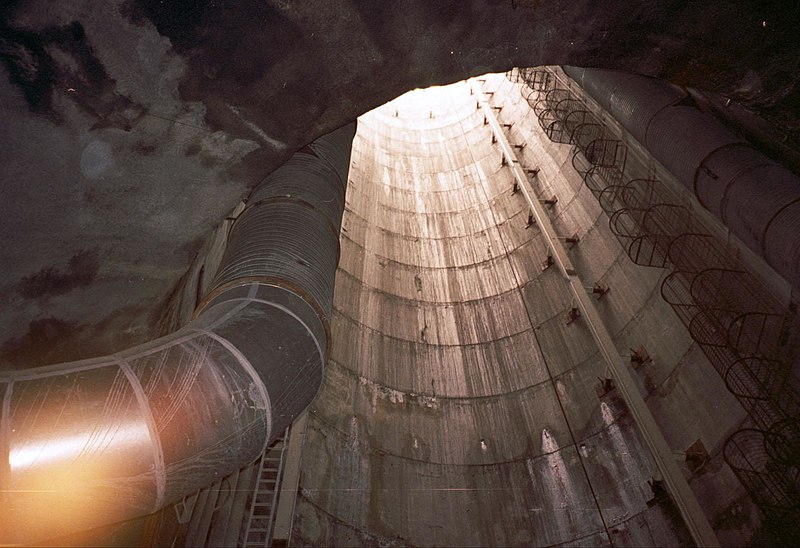
Applications
Industrial underground ventilation systems are crucial in environments such as mines, tunnels, and underground facilities where air quality, temperature control, and safety are paramount. These systems ensure the removal of hazardous gases, dust, and other contaminants while supplying fresh air for both personnel and machinery.
Benefits
Underground ventilation systems enhance worker safety by reducing exposure to harmful gases and ensuring a consistent supply of fresh air. They are critical in preventing heat buildup, especially in deep or extensive underground operations, thus supporting both human activity and machinery performance. Energy-efficient designs minimize power consumption while maintaining optimal air quality.
Capacities
Airflow: Typically ranges from 50,000 to 2,000,000 CFM or more
Ducting Length: Can extend from several hundred meters to several kilometers
The system operates by using a series of high-powered fans to push fresh air from the surface down into the underground facility while simultaneously extracting contaminated air. The ventilation ducts direct airflow through strategically placed intakes and exhaust points, creating a continuous flow that prevents the accumulation of harmful substances. In more advanced setups, air quality sensors are integrated to monitor and adjust airflow in real-time, ensuring consistent air quality throughout the underground space.
Related Systems
Please see the HVAC and Air Handling Systems page for a list of the related systems.
Contact us for more information or to discuss your application and receive an estimate.
